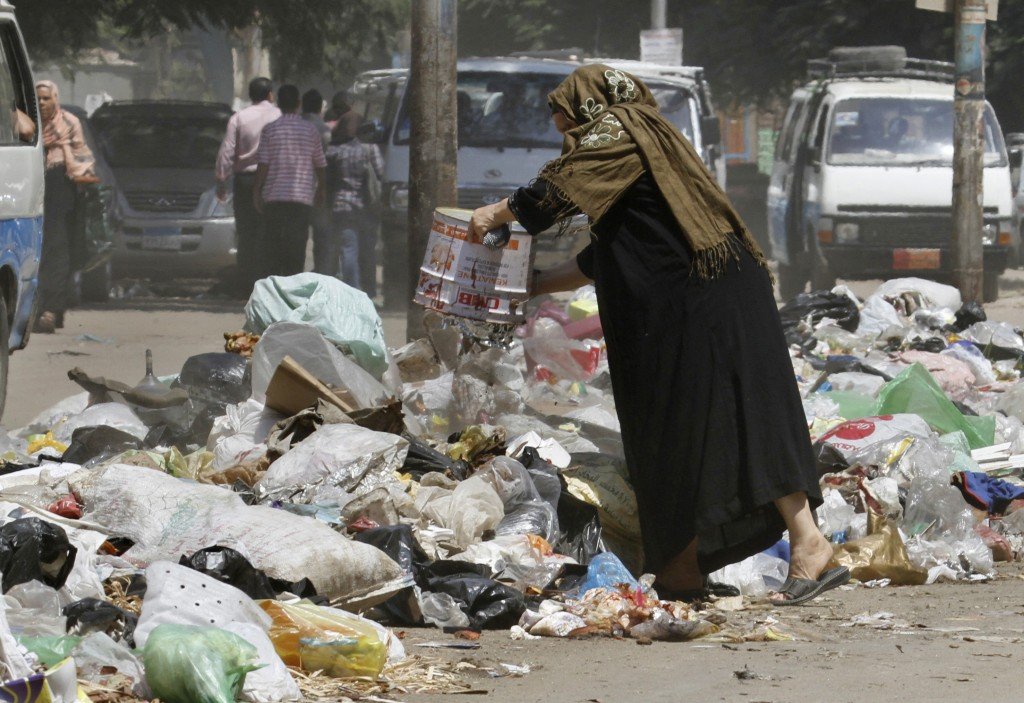Cleanliness is the priority for Egypt after being declared malaria free by WHO, marking a significant public health achievement. The World Health Organization (WHO) certified Egypt as malaria-free, a milestone in the country’s long-standing battle against the deadly mosquito-borne disease. This certification underscores Egypt’s decades-long efforts to eradicate malaria and highlights the importance of maintaining cleanliness and vigilance to prevent its re-establishment.
Egypt’s Historic Achievement
The announcement by WHO Director-General Dr. Tedros Adhanom Ghebreyesus celebrated Egypt’s success, describing it as “truly historic.” He noted that cleanliness is the priority for Egypt after being declared malaria free by WHO, emphasizing how the country successfully interrupted the transmission of malaria for at least three consecutive years, a requirement for certification. This victory is particularly significant as malaria has afflicted the region since ancient times, even plaguing the pharaohs of Egypt.
A Century-Long Effort to Combat Malaria
Egypt’s efforts to eliminate malaria began nearly 100 years ago, with targeted campaigns aimed at limiting human contact with mosquitoes, the primary transmitters of the disease. Cleanliness is the priority for Egypt after being declared malaria free by WHO, and it played a crucial role in the country’s early anti-malaria strategies. Starting in the 1920s, the Egyptian government implemented measures such as banning rice cultivation and other agricultural crops near homes to reduce mosquito breeding grounds. These preventive steps laid the foundation for Egypt’s eventual success in becoming malaria-free.
Egypt is now the third country in the WHO Eastern Mediterranean Region to achieve this certification, following the United Arab Emirates and Morocco. Globally, 44 countries and one territory have reached this milestone, joining Egypt in the fight against malaria.

WHO’s Call for Continued Vigilance
Although cleanliness is the priority for Egypt after being declared malaria free by WHO, the UN health agency has stressed that the certification marks only the beginning of a new phase. Egypt must remain vigilant to prevent malaria’s return. The WHO urged Egyptian authorities to strengthen surveillance systems and maintain their commitment to cleanliness, which will be key to preserving their malaria-free status.
The WHO statement emphasized that Egypt must demonstrate its capacity to prevent the re-establishment of malaria transmission, as even small lapses could lead to resurgence. Monitoring mosquito populations, controlling potential breeding areas, and ensuring public awareness about the importance of cleanliness are essential to preventing the disease from re-entering the country.
Preventing Malaria Re-establishment
Cleanliness is the priority for Egypt after being declared malaria free by WHO, but it is not the only factor that will help maintain the country’s malaria-free status. In addition to ensuring hygienic conditions, Egypt must also implement modern tools such as vaccines, which have shown promise in reducing malaria cases globally. However, WHO noted that the most effective ways to prevent malaria are through controlling mosquito bites and maintaining constant monitoring of the disease.
Egyptian health authorities, working alongside international organizations, are expected to continue public health campaigns aimed at educating citizens about the importance of keeping their surroundings clean and free from standing water, which can serve as mosquito breeding sites. Community involvement and awareness will be crucial in maintaining the country’s progress.
Regional and Global Significance
Egypt’s success in eradicating malaria holds significance not just for the country, but for the entire region. Malaria remains a major public health issue across Africa, with over 600,000 people dying from the disease each year, most of them in sub-Saharan Africa. Cleanliness is the priority for Egypt after being declared malaria free by WHO, and this achievement can serve as an example for neighboring countries battling the same challenge.
The WHO certification highlights Egypt’s role as a leader in public health and disease prevention in the region. It also underscores the importance of sustained government efforts and international cooperation in addressing global health challenges.
Conclusion
Cleanliness is the priority for Egypt after being declared malaria free by WHO, marking a new chapter in the country’s public health journey. After nearly a century of efforts to combat the disease, Egypt has achieved a major victory, but the work is far from over. To maintain this malaria-free status, continued vigilance, cleanliness, and public health initiatives are essential. Egypt’s success is not only a testament to its dedication but also an inspiration for other countries working to eliminate malaria.
Stay connected to know more on arcnews.online for global news like Cleanliness Is the Priority for Egypt After Being Declared Malaria Free by WHO. For videos updates visit our YouTube. Do subscribe to Arcnews to get latest updates directly in your mail box.
Have A Great Day.


